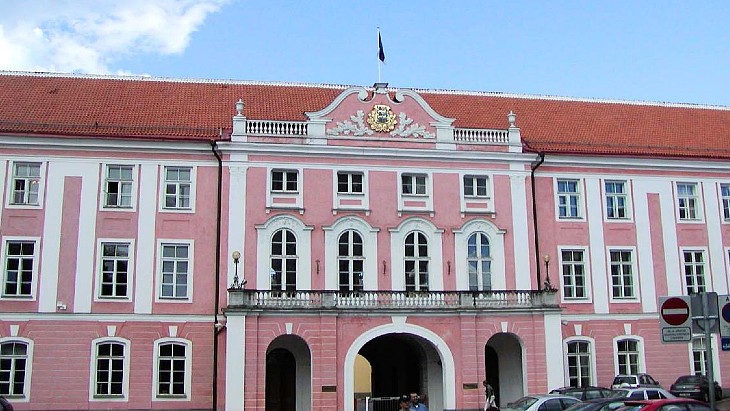The report, drawn up after a two-year study, concluded that "although the introduction of nuclear energy requires extensive long-term preparation and resources, with timely planning, adequate funding, political and public support, the introduction of nuclear energy in Estonia is feasible".
It says that the deployment of nuclear energy in Estonia would support the achievement of climate targets and security of supply. The report was published as part of the country's process of following the International Atomic Energy Agency's (IAEA's) roadmap for nuclear newcomer countries.
The report said that, assuming construction of a nuclear power plant was privately financed, the budget costs in creating an enabling framework would be about EUR73 million (USD80 million) over a period of up to 11 years.
Climate Minister Michal said: "Estonia is moving towards cleaner and more competitive energy production, renewable energy is cheaper than fossil sources. Nuclear energy can be the next option in the coming decades, with renewable energy capacities growing in the intermediate period, providing a cheaper price for consumers and a resource for industries to export."
If the government and the Riigikogu (parliament), following public consultation, back the adoption of nuclear energy the climate ministry says the next stage would be to start preparing the regulatory and legal framework, training specialists and experts and setting up an authority to oversee the planning of the plant.
Estonia's current domestic electricity generation is dominated by fossil fuels, notably oil shale. The country is seeking to reach net-zero emissions by 2050 and is looking at nuclear power as a reliable and low carbon option to diversify its energy mix by 2035 when the country plans its phase-out of domestic oil shale. The report considered the potential of four SMRs, totalling 1200 MW, which would allow capacity for hydrogen production.
An IAEA mission to Estonia reported in October that the country had developed a comprehensive assessment of its nuclear power infrastructure needs to decide whether to launch a nuclear power programme. In February 2023, Estonia's Fermi Energia announced it had selected GE Hitachi Nuclear Energy's BWRX-300 SMR for potential deployment in the Baltic country by the early 2030s.







_55401.png)
_23009.jpg)






